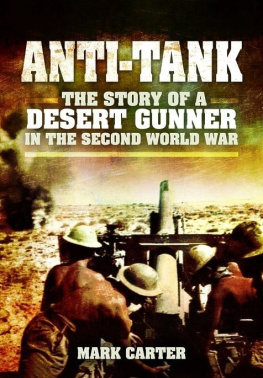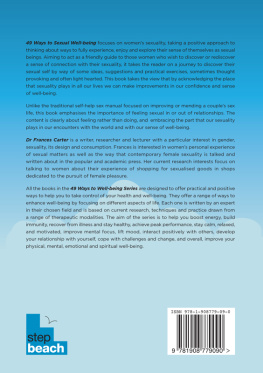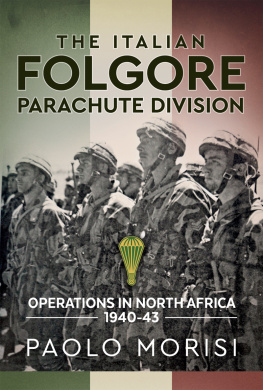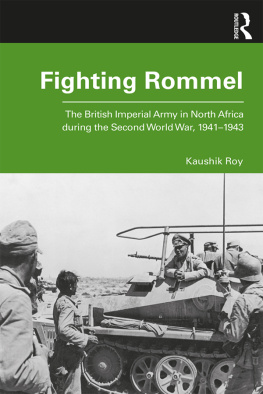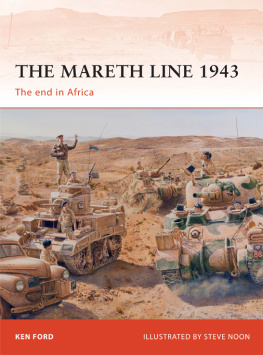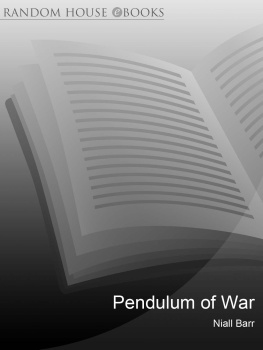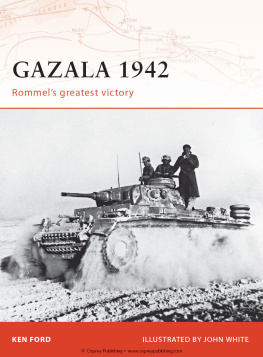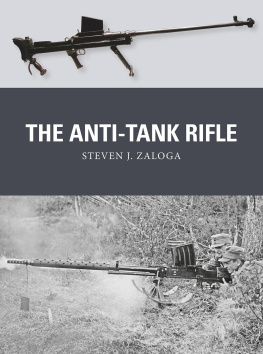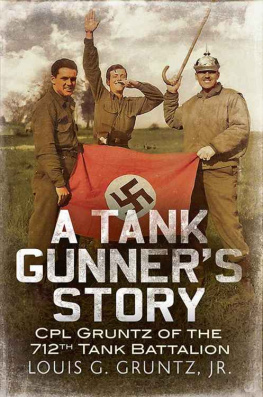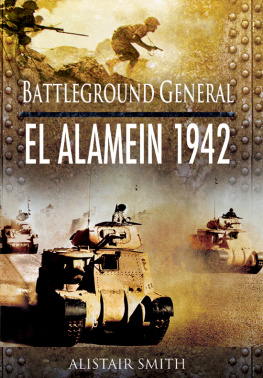First published in Great Britain in 2012 by
Pen & Sword Military
47 Church Street
Barnsley
South Yorkshire
S70 2AS
Copyright Mark Carter 2012
9781783031993
The right of Mark Carter to be identified as Author of this work has been asserted by him in accordance with the Copyright, Designs and Patents Act 1988.
A CIP catalogue record for this book is
available from the British Library.
All rights reserved. No part of this book may be reproduced or transmitted in any form or by any means, electronic or mechanical including photocopying, recording or by any information storage and retrieval system, without permission from the Publisher in writing.
Typeset in 11pt Palatino by Mac Style, Beverley, East Yorkshire
Printed and bound by CPI Group (UK) Ltd, Croydon, CRO 4YY
Pen & Sword Books Ltd incorporates the Imprints of Pen & Sword Aviation, Pen & Sword Family History, Pen & Sword Maritime, Pen & Sword Military, Pen & Sword Discovery, Wharncliffe Local History, Wharncliffe True Crime, Wharncliffe Transport, Pen & Sword Select, Pen & Sword Military Classics, Leo Cooper, The Praetorian Press, Remember When, Seaforth Publishing and Frontline Publishing.
For a complete list of Pen & Sword titles please contact
PEN & SWORD BOOKS LIMITED
47 Church Street, Barnsley, South Yorkshire, S70 2AS, England
E-mail: enquiries@pen-and-sword.co.uk
Website: www.pen-and-sword.co.uk
CHAPTER ONE
T he big cross on that tank almost made me say a prayer, we were firing over open sights and the range was 200 yards. If we couldnt stop it it would run right over us. There were twenty tanks out there but as far as I was concerned there was only one. We got the rounds off faster than in any competition wed had on the dummy loader back home, and we aimed for the tracks. Anything to stop that thing coming on. But we couldnt stop it. The gun swung round and the long shiny barrel came on to us. It was so close I could see the rifling inside. I could see our time running out there too.
It seemed only days since we had disembarked. After three months cooped up in a crowded troopship it was good to go ashore even if it was a fly-ridden dump like Egypt. However, the place had its compensation for it was in Cairo that I met Mary-Anne. She was Australian, a nursing sister from Tasmania. Australian girls are good to look at and this one was a dream. She had auburn hair with summer in her hazel eyes. She was the sort of girl youd want to look at twice. She also had some nice perfume. I once made her tip a little on to my handkerchief for fear of spoiling a happy memory. We had a couple of precious weeks together and then goodbye Mary-Anne. We headed west with our guns into the blue. That girl gave me something to think about. Somehow, I had never been able to get her out of my mind. I thought of her, then, as I tried to hit that tank
It was March 1941. During the last couple of months the Italians had surrendered in droves. The coast road from Tobruk was crowded with fleeing troops, many of them still carrying their weapons and driving their own vehicles. Altogether ten divisions over 200,000 men surrendered. The British, who had captured huge quantities of loot, were beginning to think it wasnt such a bad war after all. Then reports came in that German units had been rushed to North Africa to help the Italians.
After days and nights of driving westward we came to a place called El Agheila which is west of Benghazi.
Rommel, the German commander, knew that the British army was weakened after sending troops to Greece. He knew, too, that our lines of communication stretched for hundreds of miles back into Egypt and that it would be difficult for us to bring up supplies of petrol and ammunition. Rommel, newly arrived in North Africa and acting under his own initiative, decided to strike hard for Benghazi and Tobruk. If he could smash his way through the British position before they had time to bring up reinforcements, all Egypt and the Suez Canal would lie within his grasp.
We stopped at El Agheila because we were exhausted and when we heard the sound of tank tracks we thought it was our own armour moving up ahead of us. It was then that this black-crossed monstrosity came grinding and rattling across the sand towards us. Our first German tank and quite possibly our last
We were firing HE (high explosive) because our supplies of armour piercing hadnt caught up with us. If only we could blow off its tracks. We got another round up the breech when I told my detachment to scatter. That tank was close. Unless we got out of the way wed be rolled out flatter than my Aunt Sallys pastry mix!
As it turned out, that round was not wasted after all. The tank hit the gun and sent it ploughing across the desert. The gun snagged against a ledge of rock and the tank climbed over it. I just had time to see the gun crumple up like a piece of Meccano when that round went off. The tank was full of petrol and packed with ammunition and the explosion made me hard of hearing for weeks.
Number Two gun was blown over on to its side, the Sergeant and two of his men killed, the others wounded. The other tanks went right through our gun position and were heading for the wagon lines. We ran across and righted Number Two gun and, together with the remaining two guns of our troop, we got some shells off after them. Inevitably, some of those shells fell among our own men and when our medium guns opened up on us, mistaking us for Germans, I thought it was time we pulled out. However, before we could act, Palmer, our Battery Sergeant Major, strolled up. I dont think I ever saw him run. He was six foot four, a lean, serious type with a perpetual frown on his face. Always immaculately turned out he had earned himself the nickname of Starchy. He stood looking about for our gun which seemed to have disappeared into thin air. Then he examined the smouldering remains of the tank and came on over to us.
In civilian life Palmer was a policeman. He wasnt very popular with our lot. I dont think hed been very popular in the police either.
Bit of a mess up here, Sergeant.
He pointed to the tank tracks that led off across the desert. You had at least three hundred yards to play with.
We stopped that tank!
I described what happened.
You lost us a gun. You should get your eyes tested, Sergeant.
We had no armour piercing
The shells from the medium battery were churning up the sand in front of us but Palmer ignored them. He gave orders for the casualties to be removed.
You and your crew take over Number Two gun, he snapped. And get out of here before those medium bastards perform some kind of a miracle and get on to us.
The trucks were racing up and we threw everything into them and when the guns were hooked up we drove off to a rendezvous with the rest of the battery in a wadi about two miles south of El Agheila.
The sun which that morning had risen blood red out of Egypt now stood high in the sky. The temperature was 120 degrees in the shade, only there wasnt any shade.
We spread out our camouflage netting and the guns were pulled round, facing westward. The Germans were expected at any moment. Men were trying to dig slit trenches but the ground was like concrete. Not only the gun detachments but cooks, batmen, office staff and even the officers worked stripped to the waist. All they wanted was to hack out a foot or two so that they could find some protection when the Germans started shelling. Despatch riders on their motorbikes weaved in and out among the vehicles. All engines were kept running and the combined exhaust fumes settled like a fog in the suffocating heat of the wadi.

